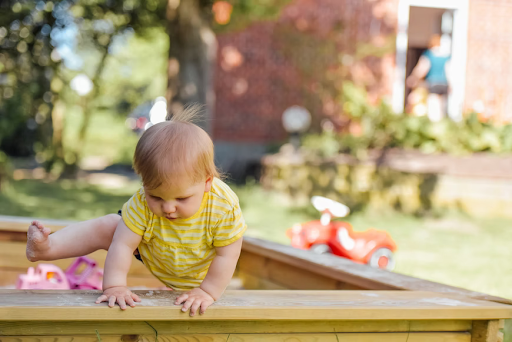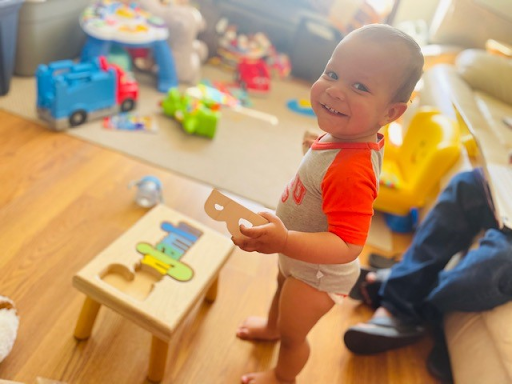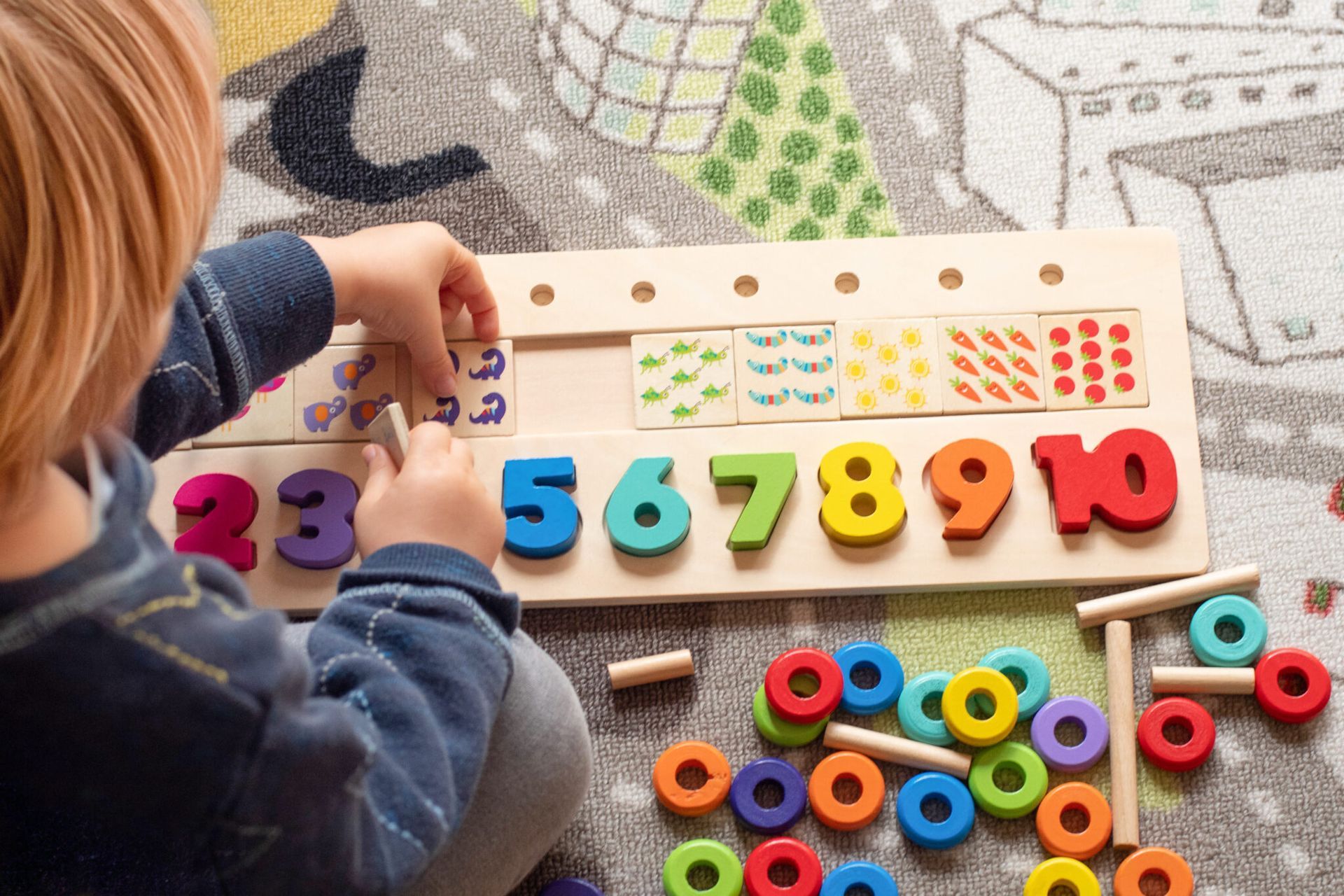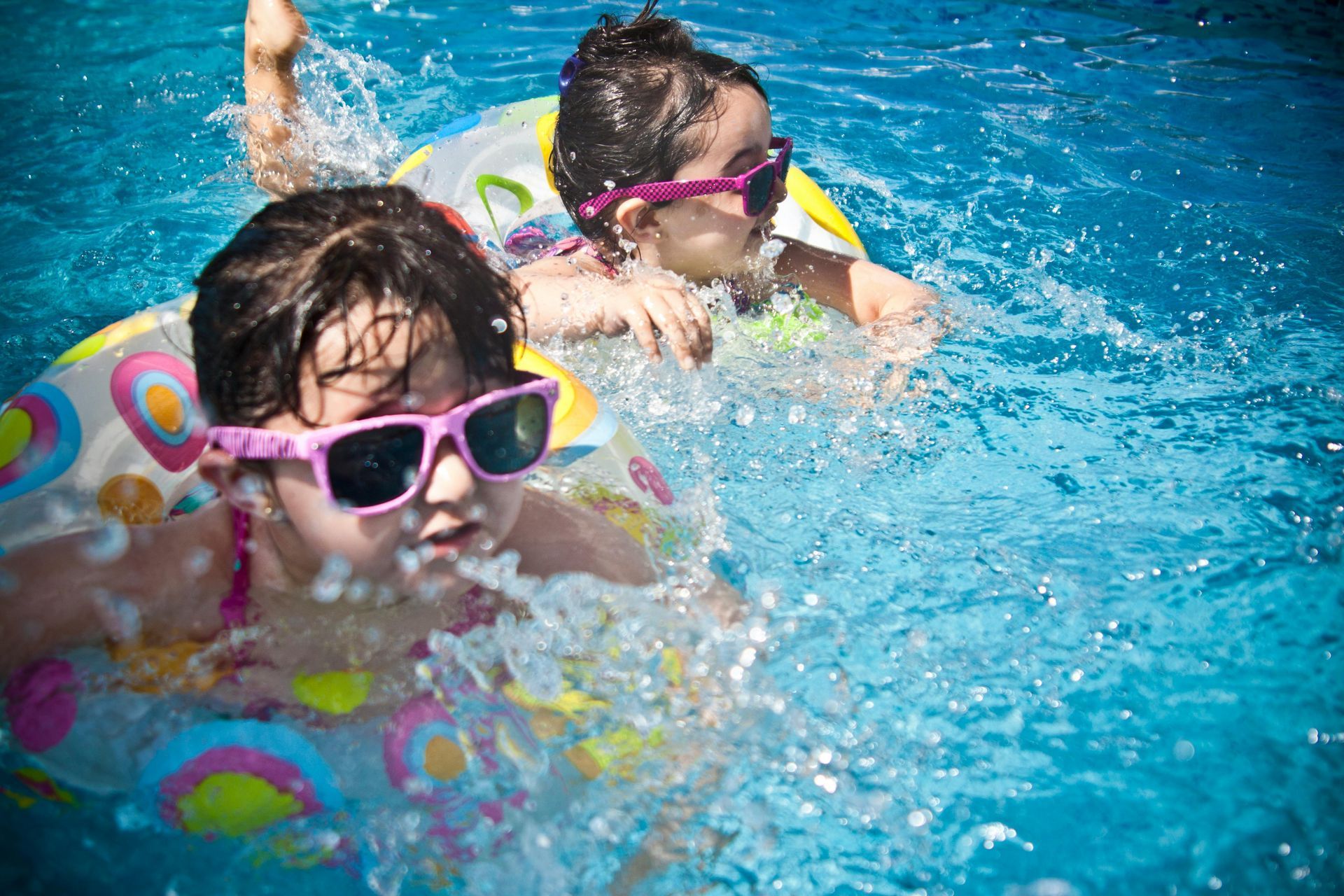Developing Motor Skills for Toddlers
Learning how to walk is just the beginning when it comes to your children finding their independence. It’s a part of gross motor skill development and the precursor to developing fine motor skills. Parents and caregivers can try the below tips and suggestions to encourage mobility and facilitate this skill development.
What are Motor Skills?
Motor skills help babies and toddlers increase their mobility and fine-tune their dexterity and hand-eye coordination. Gross motor skills refer to the development of large muscle groups that allow babies to sit up, crawl, and walk. Kids develop fine motor skills when they use the muscles in their hands, wrists, and fingers. While both skills are essential to work on, it’s fine motor skills that help kids do things like brush their teeth, feed themselves, and when they get to school, write and type. However, it is essential that children develop their gross motor skills in order to build a foundation for refining these skills into fine motor skills.
It’s important to point out that all children develop at their own rate, but below are the milestones to watch for starting at about a year old.
- 11-12 months
- Walks with one hand held
- Stands alone for a few seconds
- 13-14 months
- Crawls up stairs
- Stands up from the floor without support
- Walks alone well
- Squats and stands back up without holding onto support
- 15-18 months
- Walks up stairs with hands or rails to help
- Crawls down the stairs (on belly, feet first)
- Can run, though falls easily
- Kicks a ball forward
- 2 years
- Walks and runs reasonably well
- Jumps in place with both feet off the ground
- Walks up and down stairs alone
- Kicks a ball with either foot
- 3 years
- Balance on one foot for a few seconds
- Jump forward 10-24 inches
- Catches a large ball
- Rides a tricycle

Motor Skills Activities
There are countless activities that you can do with kids to help them develop their fine and gross motor skills. Talk to their teachers, preschool instructors, pediatricians, or even an occupational therapist for suggestions like these .
Even daily activities like cooking, cleaning, brushing teeth, and easy chores can improve fine and gross motor skills. As they become more confident with their dexterity, they’ll want to do more — and be able to take on more challenging tasks. While school-age kids could very well handle folding laundry, most toddlers can’t help with a chore that requires such advanced motor skills. However, they could put items back on appropriate shelves, fold hand towels, and sort toys into bins and toy chests .
Opt for Wooden Toys and Stools
Pinching, lifting, and fitting wooden puzzle pieces together help build fine motor and visual-motor skills, which is how the hands and fingers learn to synchronize with the eyes. Building this hand-eye coordination sets the foundation for other, more significant skills like holding a utensil for eating and using a pencil for writing.
Using a wooden stool around the house can empower kids to learn chores and help out. They will feel a sense of accomplishment when they can see the world from an adult’s point of view, along with reducing frustration and increasing independence. Add their name to the stool for additional educational benefits.

Another benefit of choosing wooden toys for motor skill development? Let’s use the blocks for another example: STEM-related learning. These blocks are a great representation of the world around us but on a smaller scale. Children can learn how buildings are built and engineered, how many blocks it takes to build a castle, or how high a structure can be before gravity takes over. All of this helps improve visual-spatial, problem-solving, and math/counting skills.
Are you looking to invest in wooden toys, a wooden stool, or personalized wooden puzzles? We offer several different versions of our name stools with many options for customers to customize colors and themes. We craft every item to order, so no two are alike. Puzzle pieces and the name stool letters have a lifetime guarantee, which even covers loss or damage. If a letter or puzzle piece is lost, we will replace it for free.
The post Developing Motor Skills for Toddlers appeared first on Hollow Woodworks.




